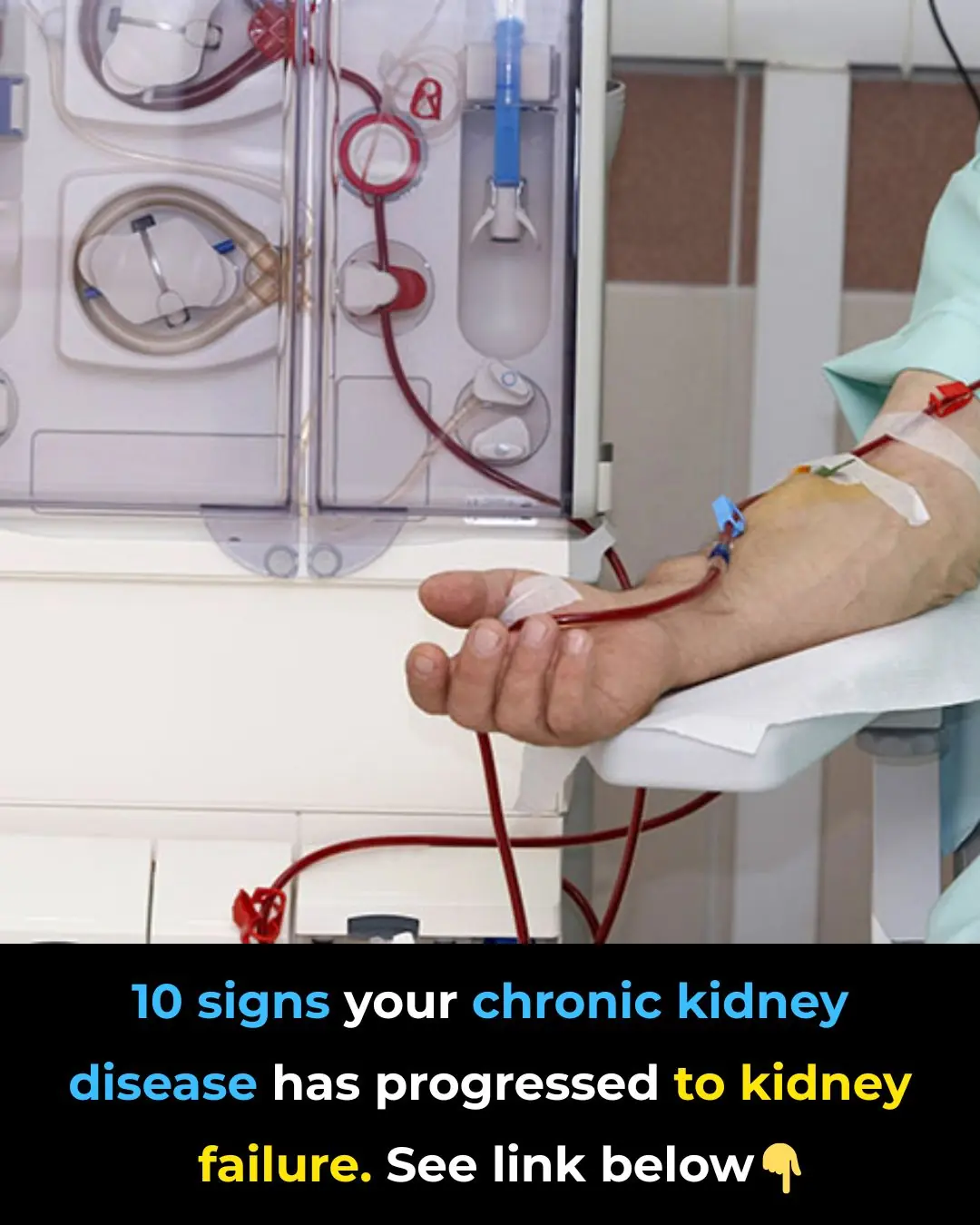
8 Early Warning Signs Of Ovarian Cancer You Shouldn’t Ignore
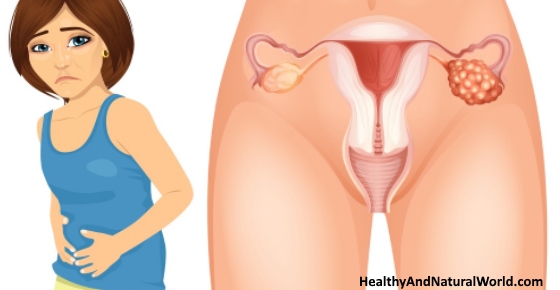
Ovarian cancer has been dubbed ‘The Silent Killer’. Similar to many other cancers, it doesn’t show any symptoms for a long time. When it does, the symptoms are very non-specific and can point to a number of different conditions – both serious and benign. The sad reality is that when ovarian cancer is finally diagnosed, it has often already spread, which makes your treatment options limited.
There are some early warning signs you can look out for. But you need to combine your observations with other factors, as you don’t want to be jumping to conclusions too early.
Keep a healthy balance between denial and hypochondria
First and foremost, don’t panic. As mentioned before, your symptoms can mean many different things. The chances that you actually have cancer are very small. Ovarian Cancer National Alliance points out that for every 100 women whose symptoms match those of ovarian cancer, only one would actually have early-stage ovarian cancer.
That said, if you do feel something is odd, you shouldn’t just ignore it. People are terrified of cancer and still perceive it as an incurable disease, so they often want to hide from the fact that something is wrong with their bodies. But that of course only makes it worse, as you’re losing precious time. MedicineNet states that only 20 percent of women with ovarian cancer are diagnosed early, when the disease is most curable. So, if you feel that certain symptoms persist and are unusual for you, go and check them out. Better safe than sorry.
The most common type of ovarian cancer includes epithelial tumors, which form in the thin layer of tissue that covers the outside of the ovaries. These tumors occur in 90 percent of cases. The rarer types are stromal tumors, which develop inside the ovaries’ supporting tissue, and germ cell tumors, which begin in the egg-producing cells.
The eight most important warning signs of ovarian cancer
Abdominal bloating or swelling: The size of your abdomen increases, you feel bloated and full of gas. You might notice that some clothes feel tighter around your waist and hips.
Constipation and other changes in your bowel movements.
Pelvic pain: You feel discomfort or pain in the pelvic area, and sometimes also in the abdomen. If your pain persists, you shouldn’t just brush it away, or mask it with painkillers. Your pain usually wants to give you an important message. There are also other possible causes for this pain and you can read about them in my article: Ovary Pain and Lower Pelvic Pain – 13 Possible Causes.
Low back pain, especially if it radiates to the pelvic area.
Urgent or frequent urination: You feel an urgent need to pee and you hardly make it to the toilet on time, and/or you need to urinate in short intervals. Many women experience this – it can often be a sign of weak pelvic floor muscles (which can be strengthen by Kegel exercises), or you might have a urinary tract infection. But keep an eye on it, as it can be a sign of something more sinister going on.
Loss of appetite or feeling full quickly when you eat: Also observe any unexplained weight loss. Women are usually happy when they shed a few pounds, but it’s not always a good sign.
Pain with sexual activity
Fatigue: Feeling overly tired and low in energy can signal an underlying condition.
It doesn’t mean you need to have all of the above symptoms. Sometimes one can be enough to signal there is something doggy going on. If the symptoms continue for two weeks or longer, it might be time to visit your doctor to check things out.
Ovarian cancer – risk factors
The exact cause of ovarian cancer is not known, but there are some risk factors that can increase your chances of ovarian cancer, so you should consider them.
Age: Women over the age of 50 are at greater risk of ovarian cancer. About 50 percent of ovarian cancers are diagnosed in women over 60. That of course doesn’t mean that the disease doesn’t occur in younger women too. For example, germ cell tumors are more common in younger women, but they are very rare.
Family history: If you have a family history of ovarian cancer, breast cancer or colon cancer that increases your chances of developing ovarian cancer. According to Mayo Clinic, the genes that increase the risk of ovarian cancer are called breast cancer gene 1 (BRCA1) and breast cancer gene 2 (BRCA2). These were initially connected with breast cancer, hence the name, but it has now been discovered that they are also responsible for ovarian cancer. I’ve already written about the 5 unconventional symptoms of breast cancers which you can read for further information.
Childbearing and menstruation: Women who have never given birth have a higher risk of developing ovarian cancer, and so do women who started menstruating early (before they were 12 years old), and/or reached menopause late (after 50). The number of periods you go through seems to be linked with your chances of getting ovarian cancer. For example, women who have more kids have a smaller risk of developing the disease.
Some medication: Taking hormone therapy after menopause, or using fertility treatment (long-term and large doses) can increase your chances of ovarian cancer. On the other hand, some studies show that oral contraceptive pills reduce the risk.
Other risk factors: These include smoking, obesity, use of an intrauterine device and polycystic ovary syndrome.
The problem is that there is no reliable screening method for ovarian cancer. That’s why it’s so important not to hesitate to see your doctor if you have concerns. And the doctor shouldn’t dismiss your concerns either. Pelvic examinations, ultrasound scans and blood tests for cancer-related markers can all be used to detect the condition.
Scientists continue to work on developing a better detection method for early-stage ovarian cancer. Until then, take time to get to know your body, look after it, listen to it and try to feel when something is wrong. That will probably be one of your best assets in combating any disease in its early stages.
Some of the above mentioned warning signs can be also signs of cervical cancer. To learn more about the risk factors and warning signs of cervical cancer read my article in this subject: 10 Warning Signs of Cervical Cancer You Shouldn’t Ignore
News in the same category

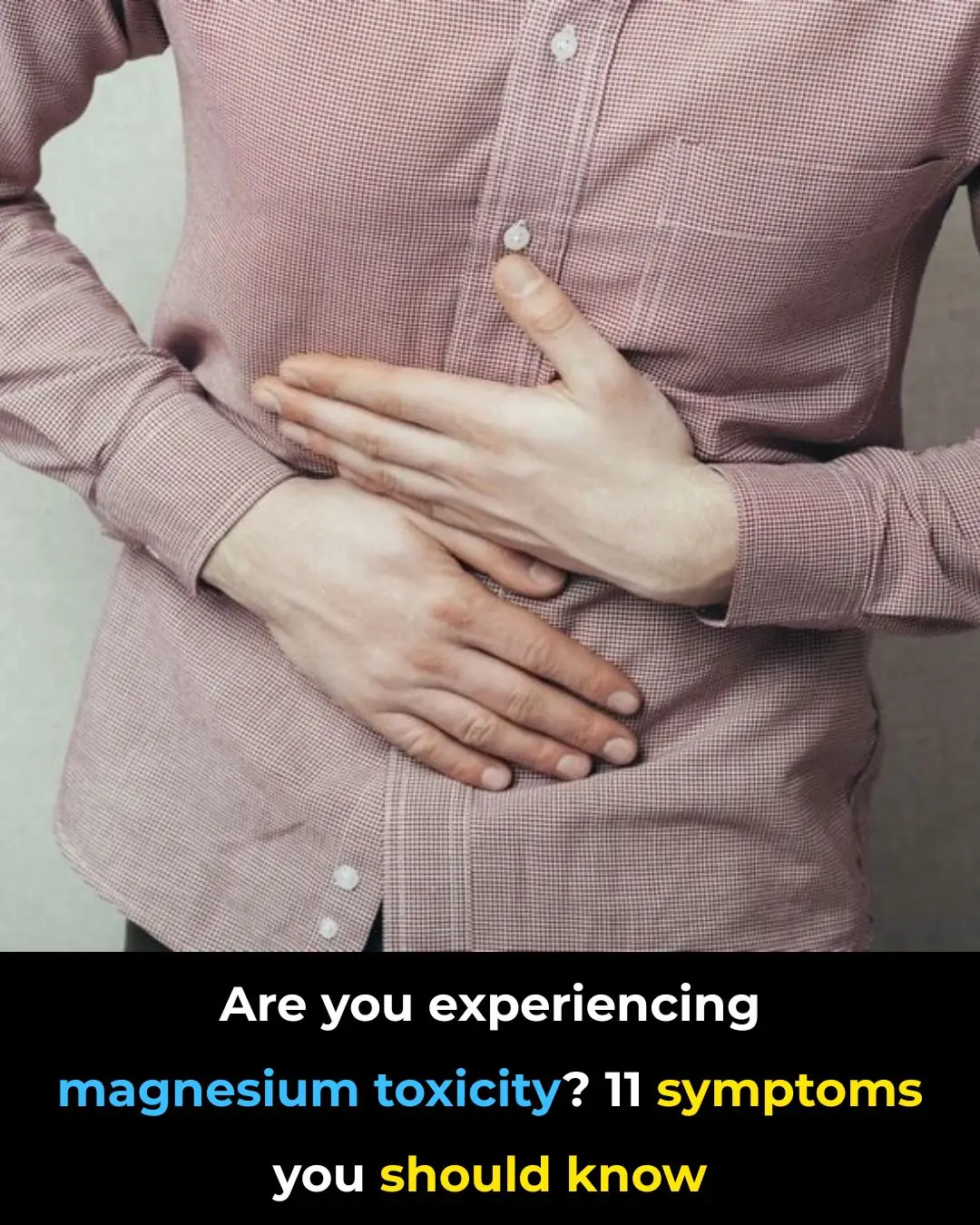
Could Your Magnesium Supplement Be Causing Side Effects?
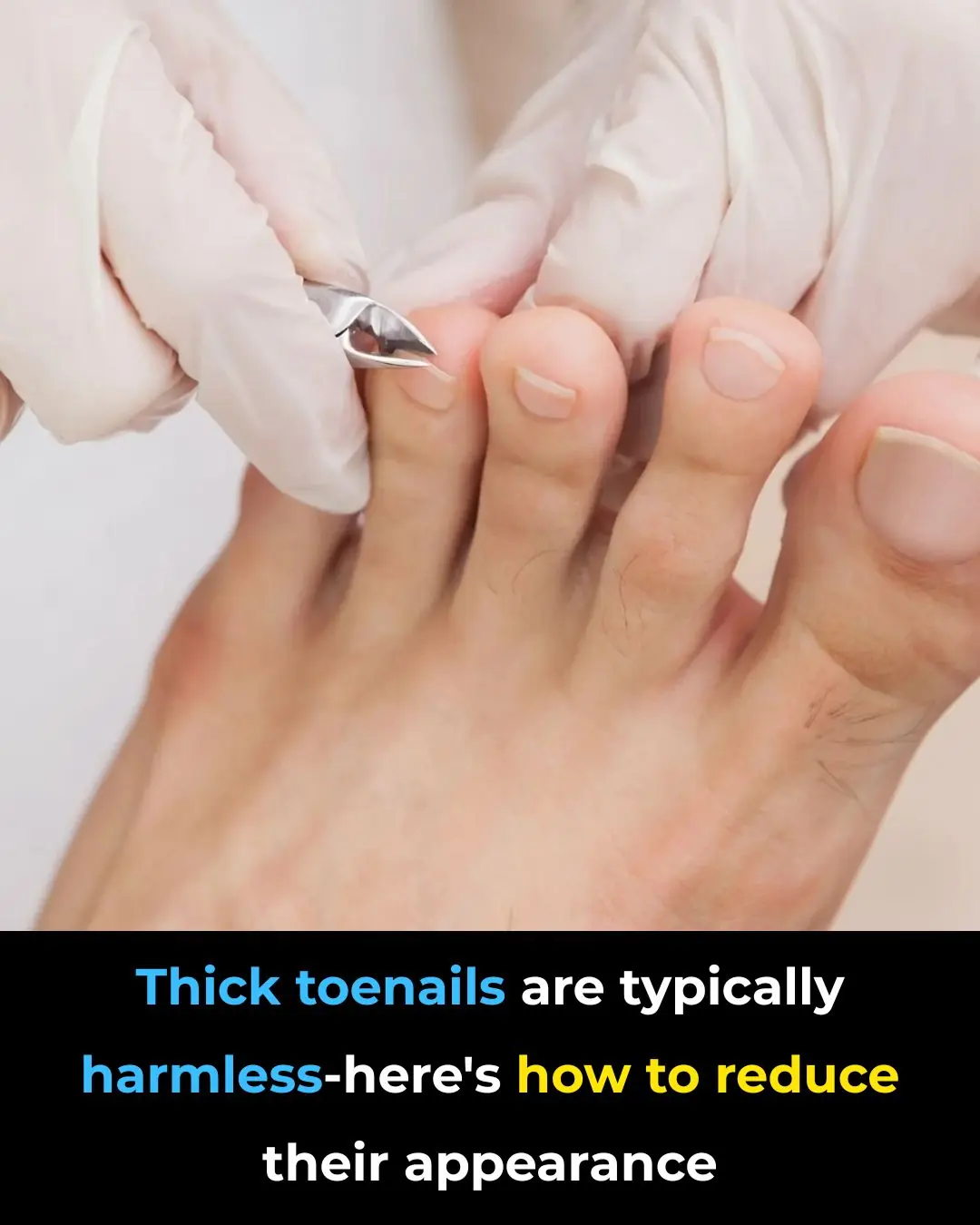
Why Thick Toenails Happen, And How To Get Rid of Them

The military sleep method that can help you fall asleep in just two minutes
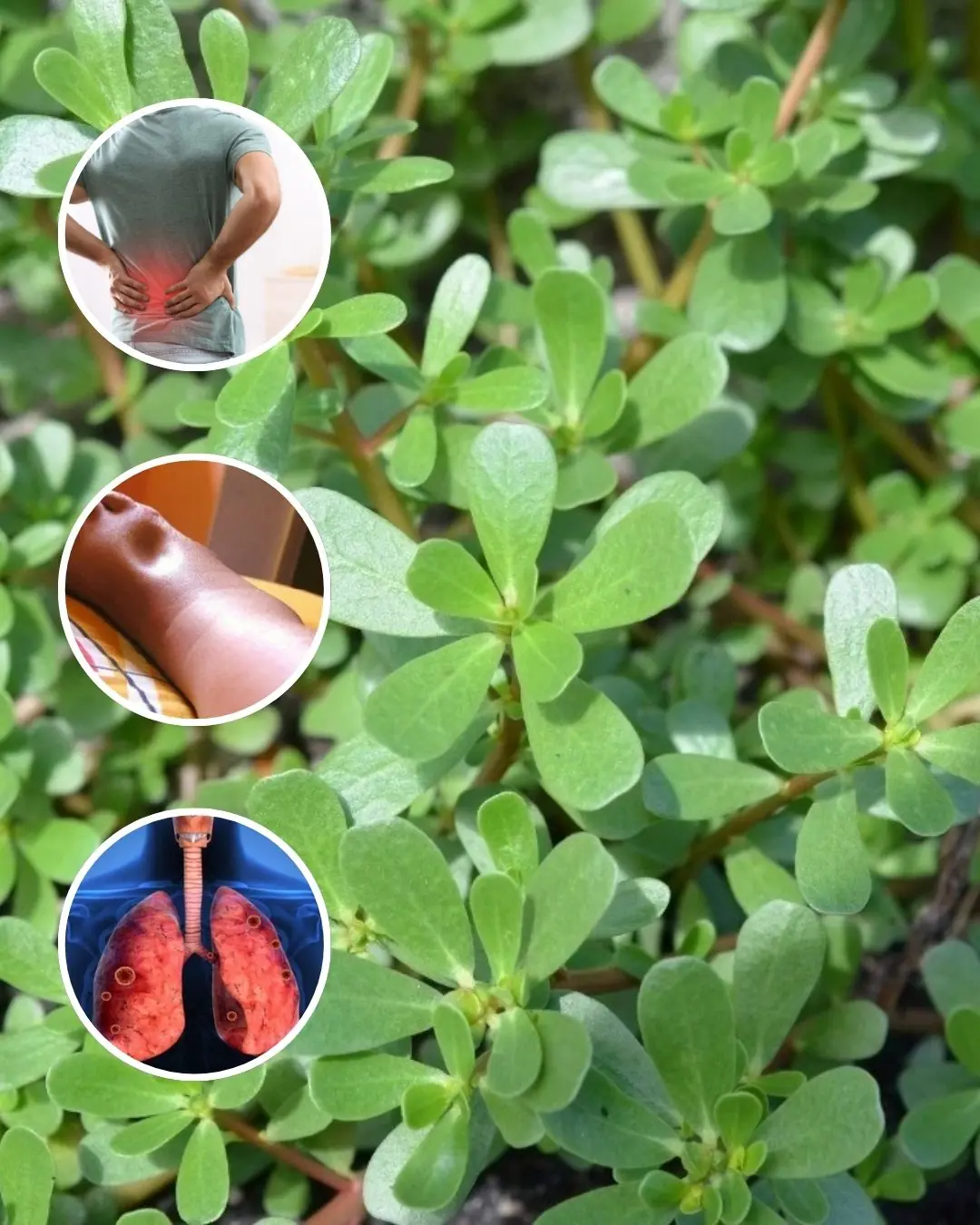
Surprising Health Benefits of Purslane (Portulaca oleracea)
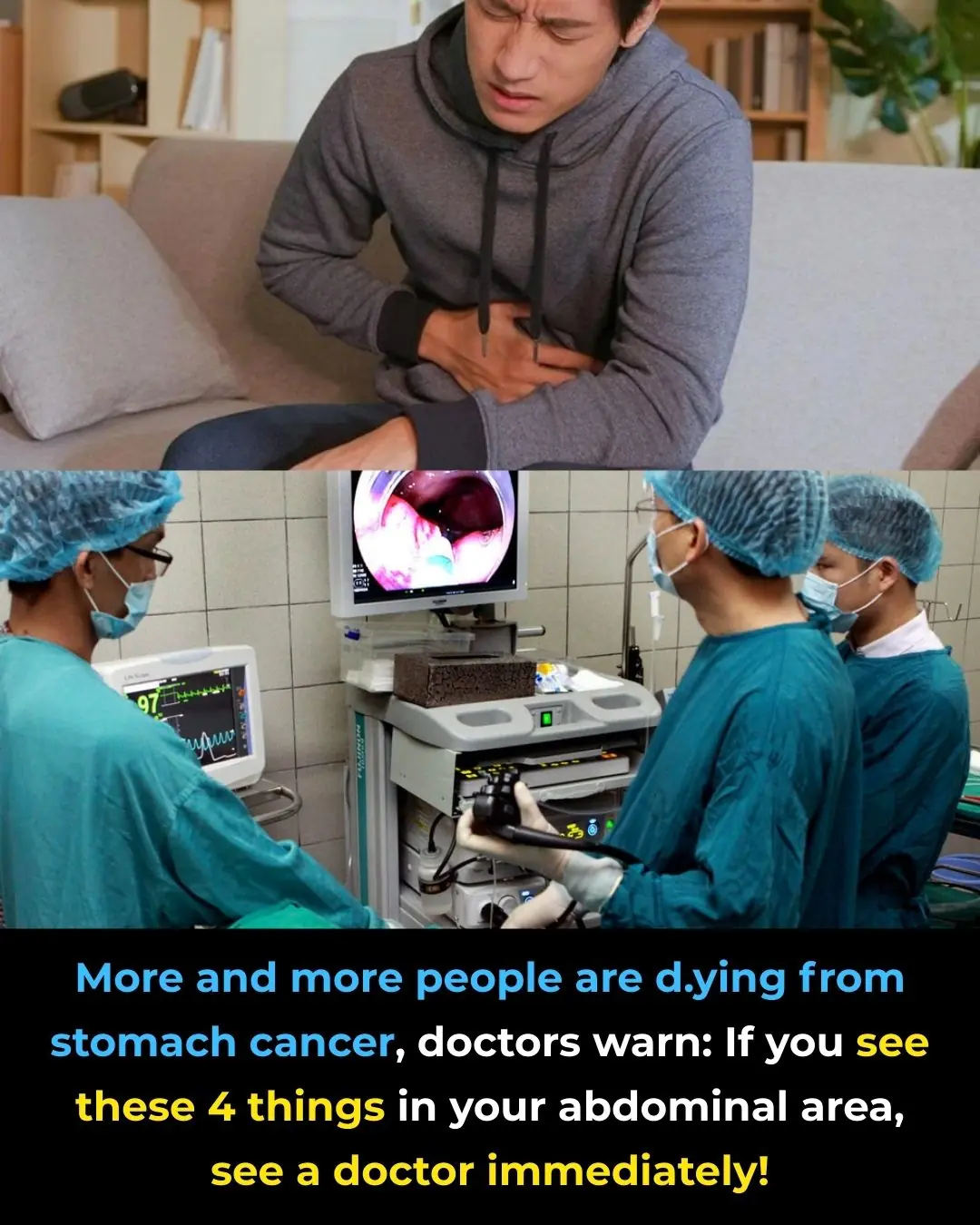
Rising Deaths From Stomach Cancer: Doctors Warn — See These 4 Abdominal Signs and Seek Medical Care Immediately

Australia is replacing animal testing with smarter, humane science
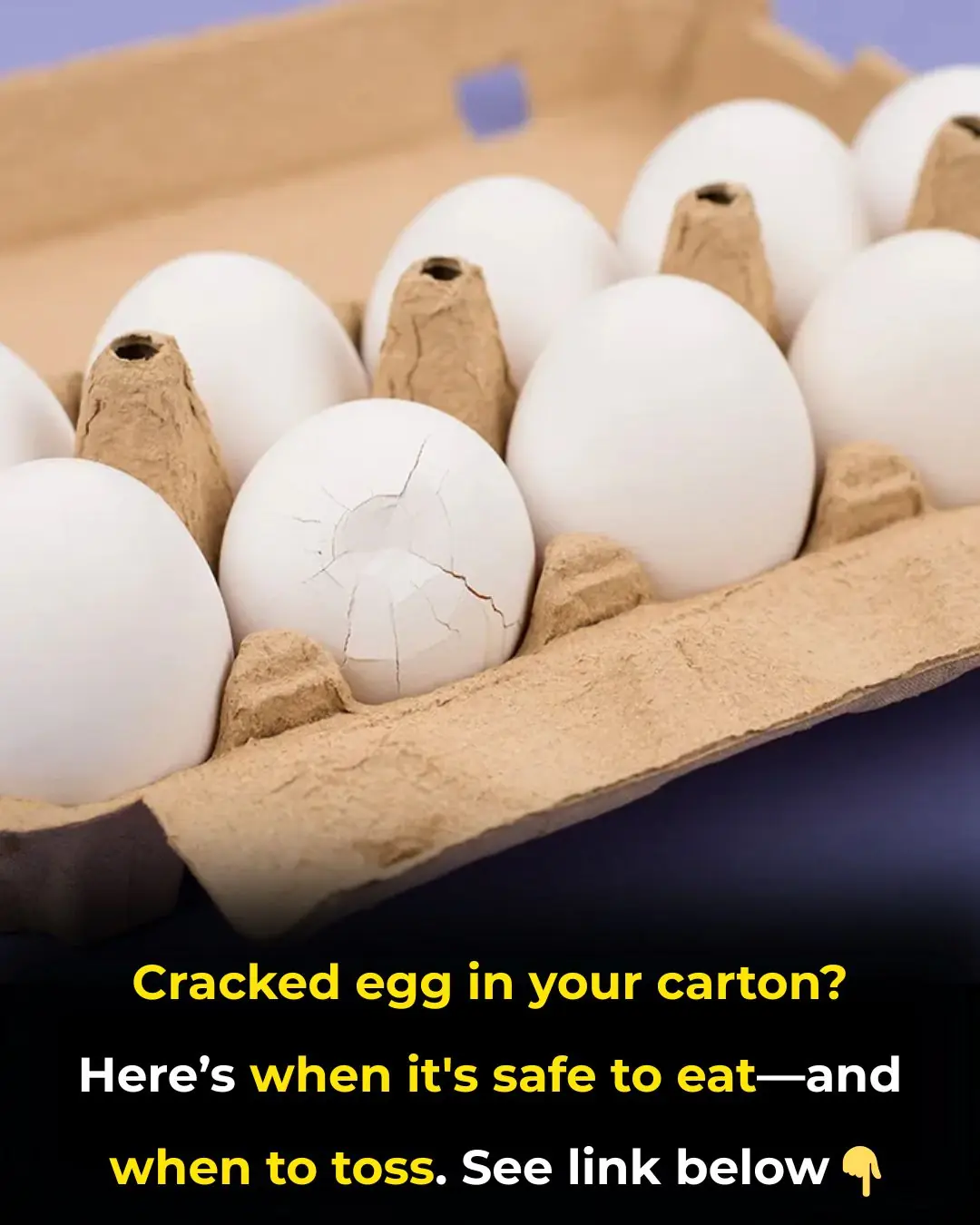
Cracked Egg in Your Carton? Here’s When It's Safe to Eat—And When to Toss

Scientists Restore Natural Hearing Using Stem Cells in a Historic Medical Breakthrough
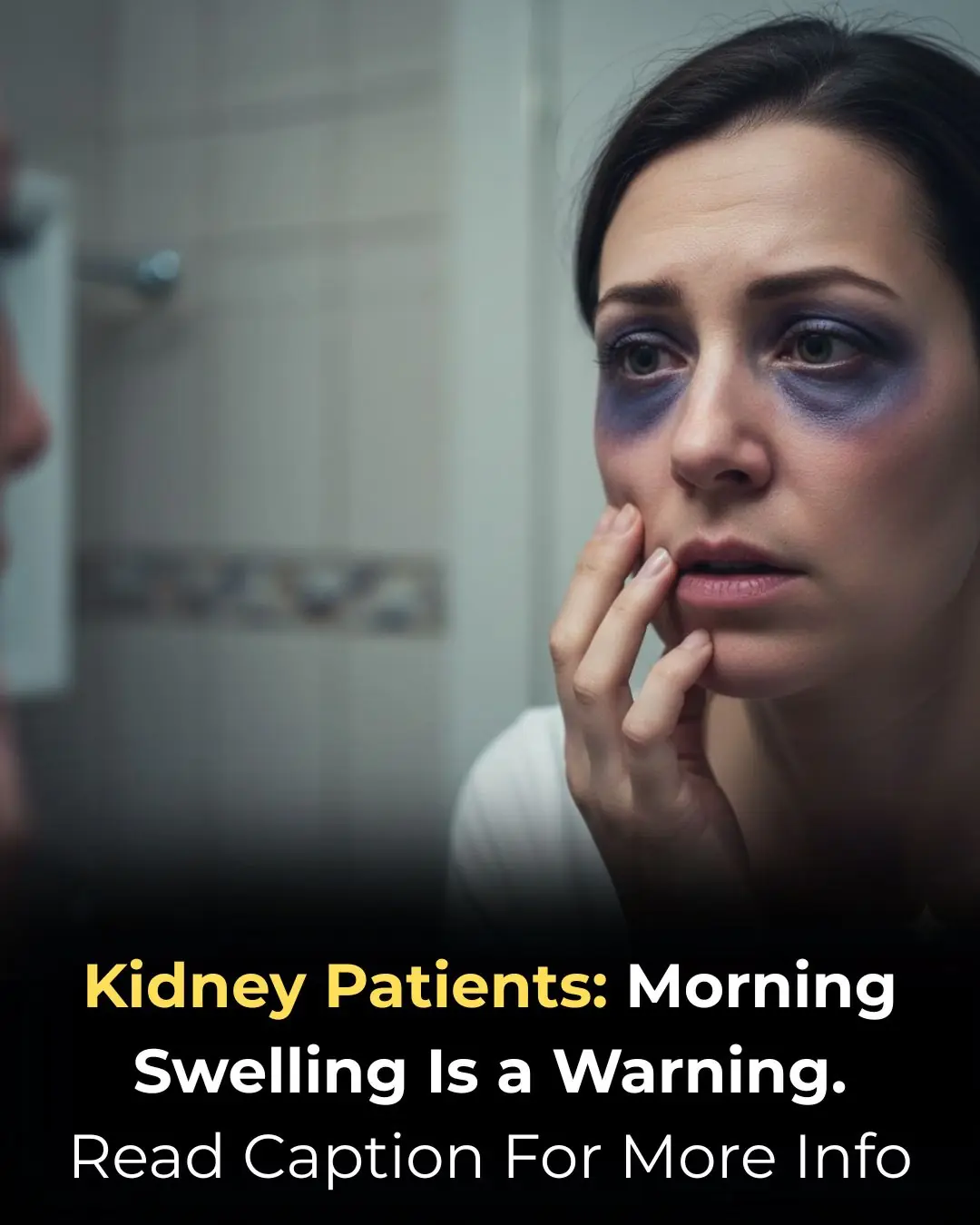
Morning Swelling in Kidney Disease: What Your Body Is Trying to Tell You
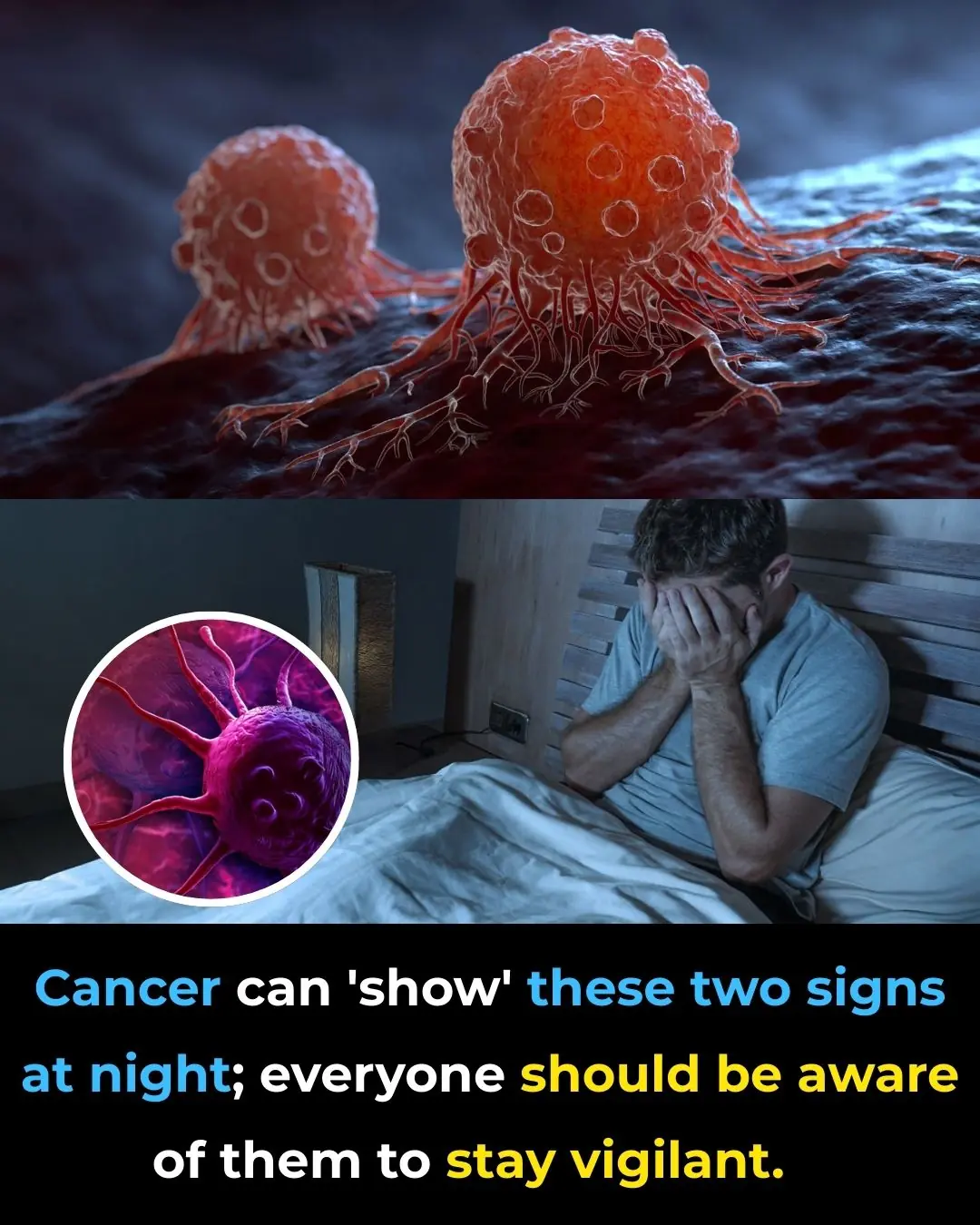
Cancer May Show These 2 Warning Signs at Night — Everyone Should Be Aware
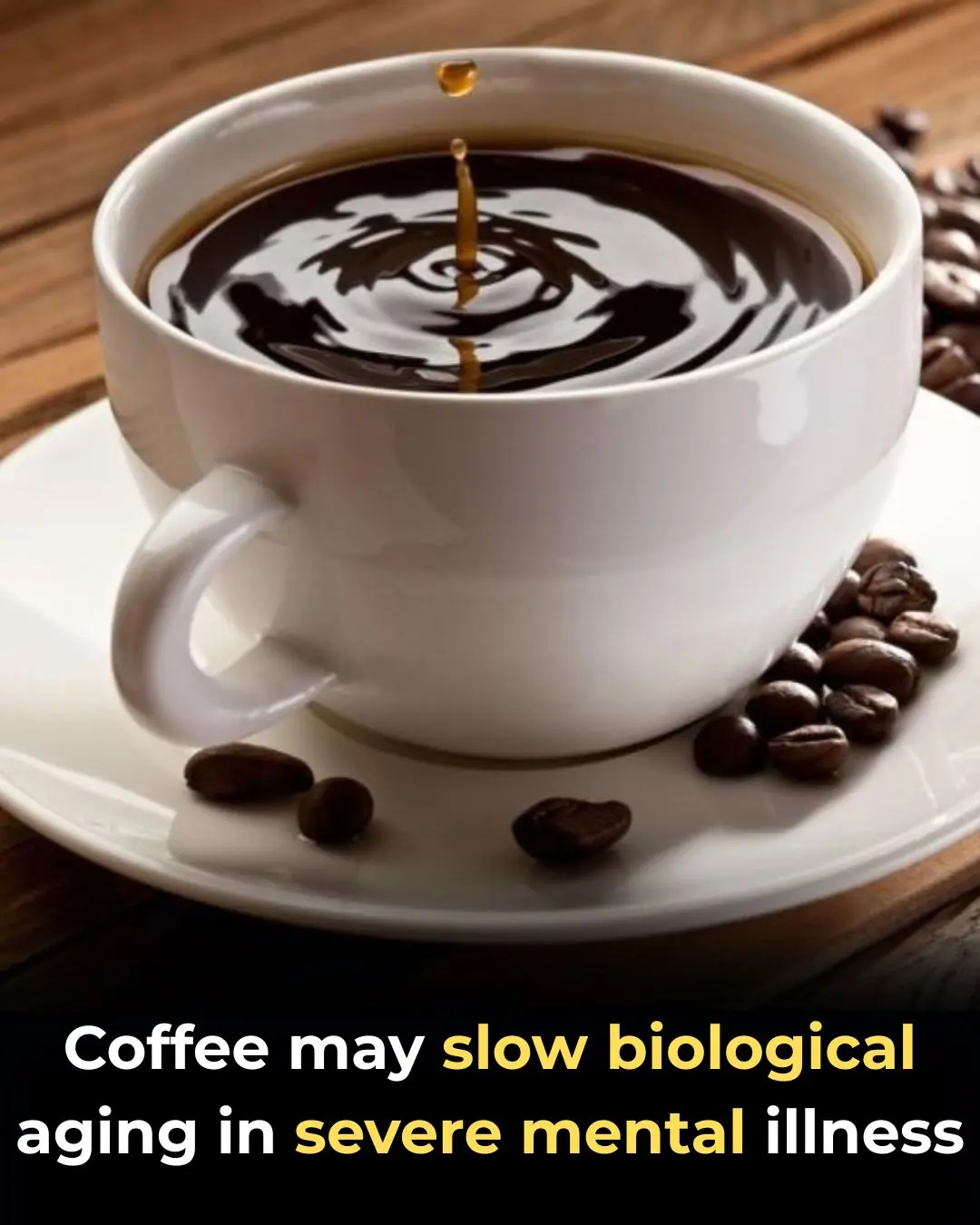
Coffee Consumption May Slow Biological Aging in Severe Mental Illness

A French-made artificial heart brings new life to patients once dependent on donor transplants.
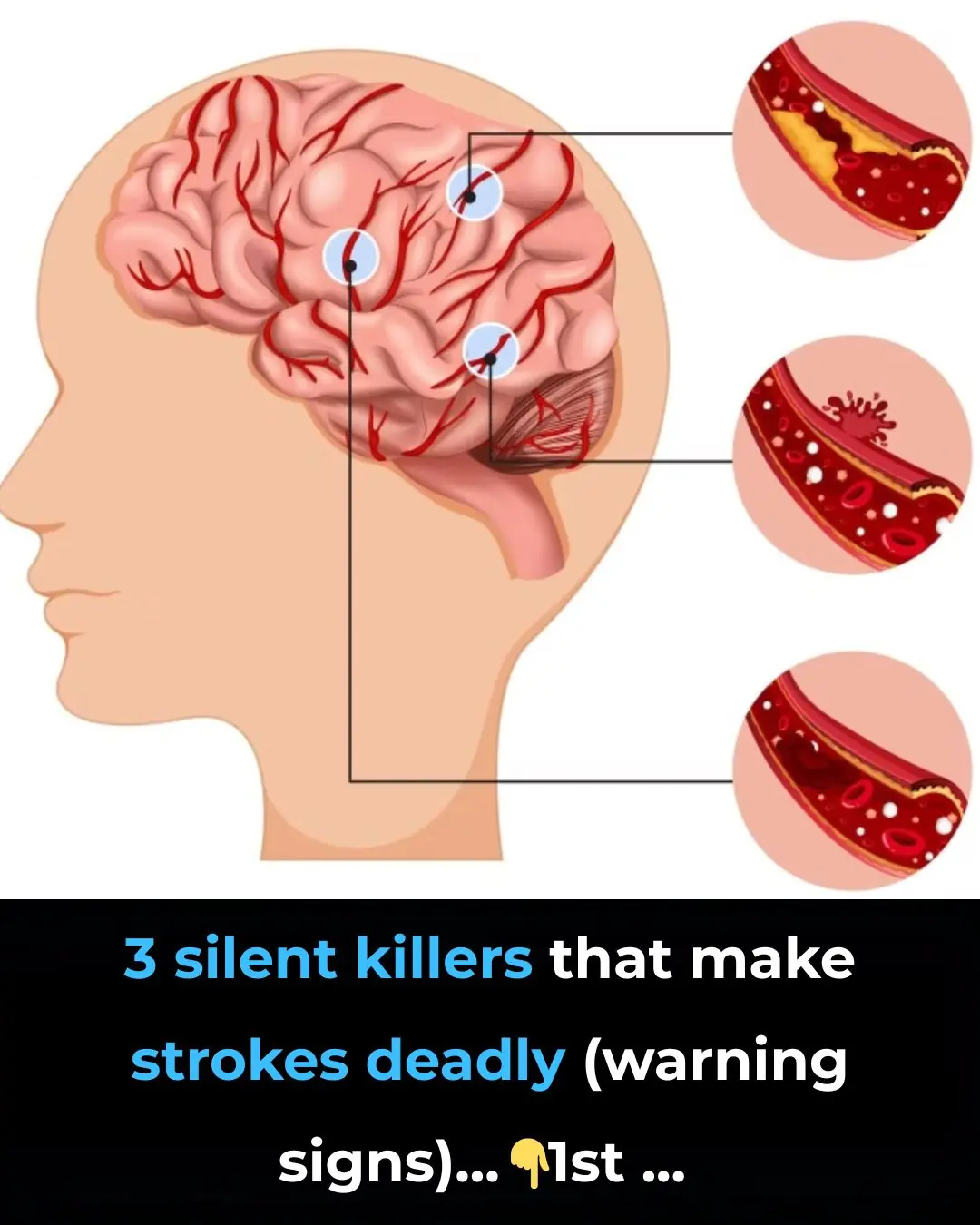
3 silent killers that make strokes deadly (warning signs)
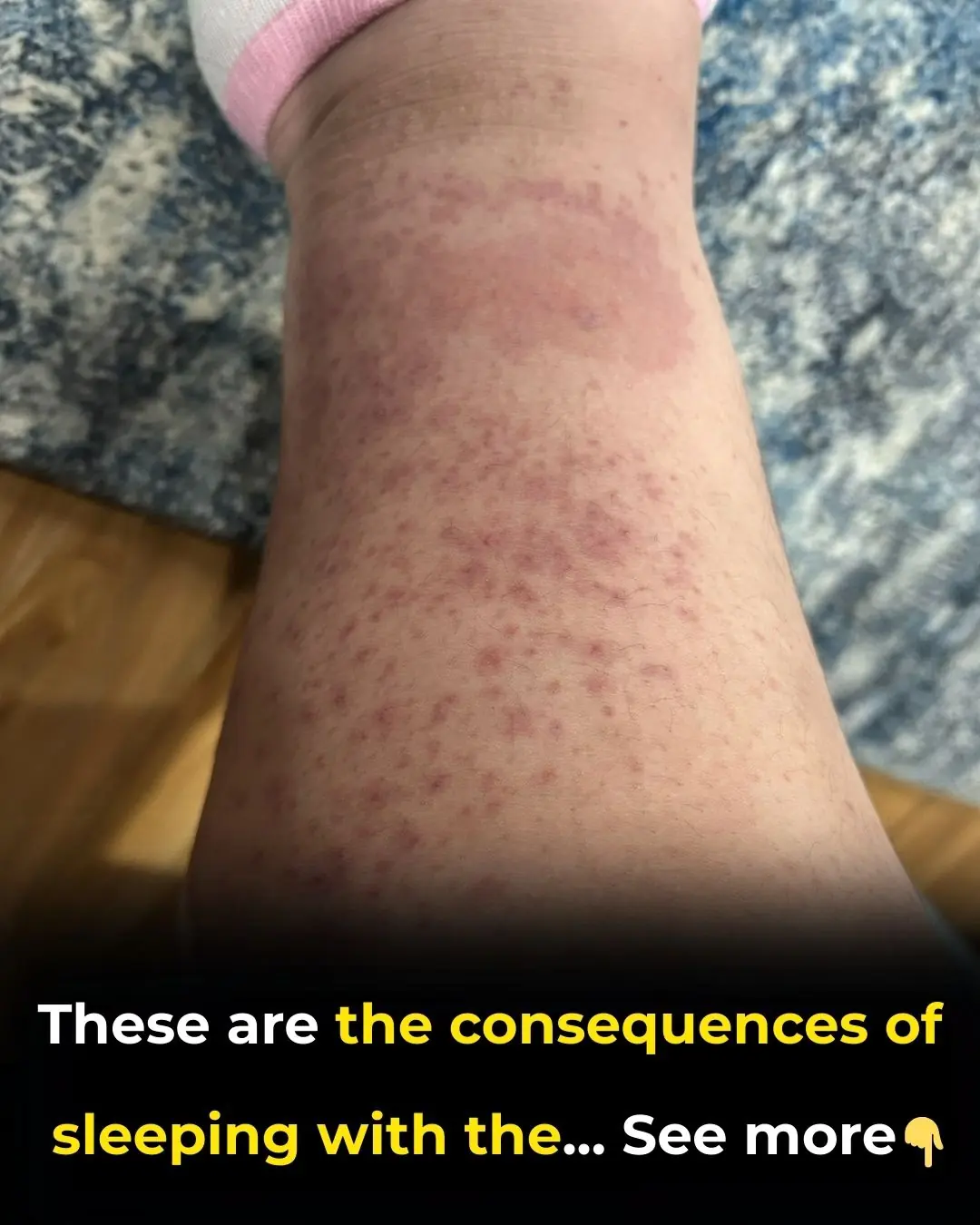
You’d Be Surprised How Your Sleeping Environment Impacts Your Body and Mind

What To Know and Do About Pain Under Your Left Rib Cage
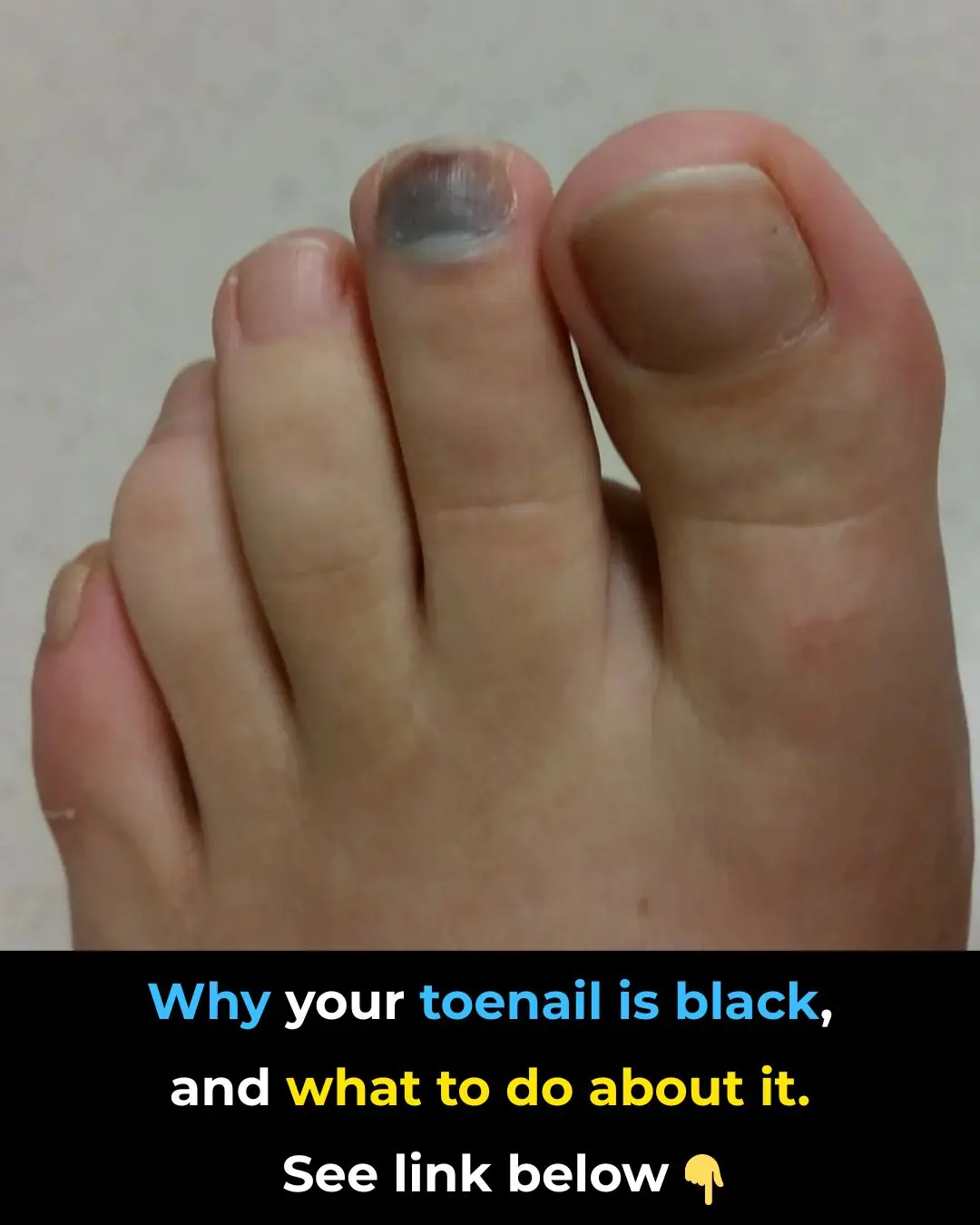
What Causes a Toenail To Turn Black?
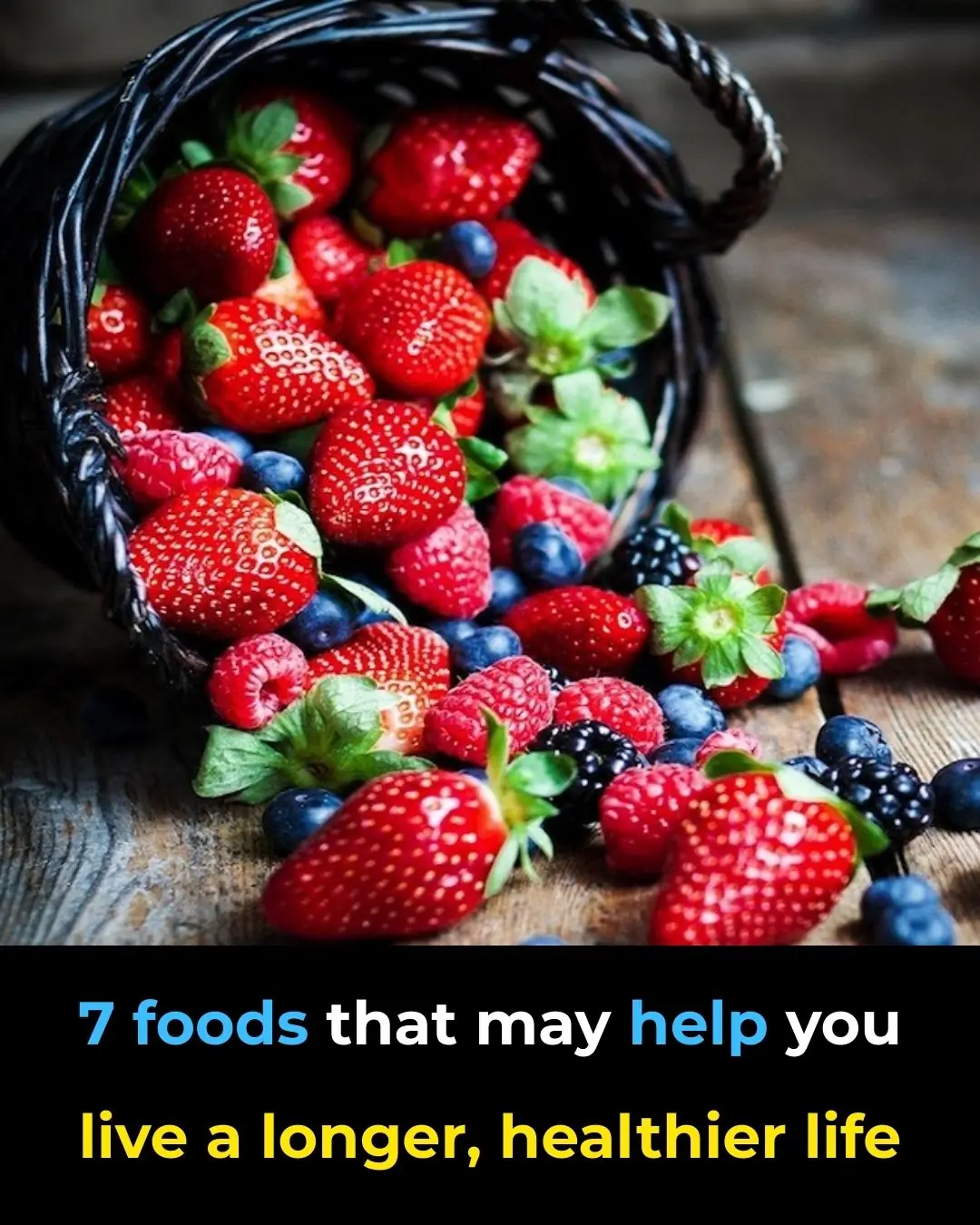
7 Foods To Help You Live a Longer, Healthier Life
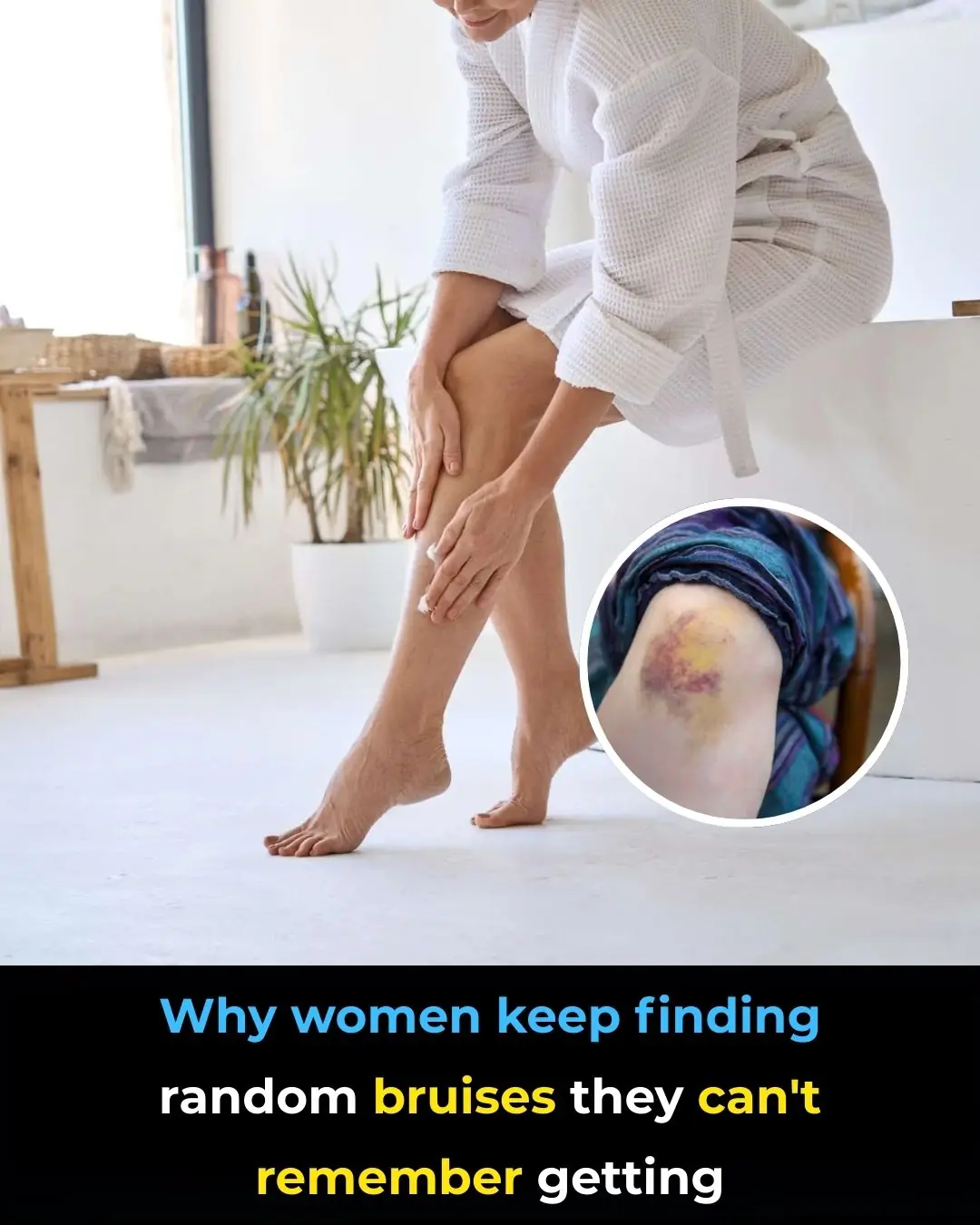
Why So Many Women Wake Up With Bruises They Don’t Remember Getting

Is Alzheimer’s Disease More Common Than Previously Thought?
News Post
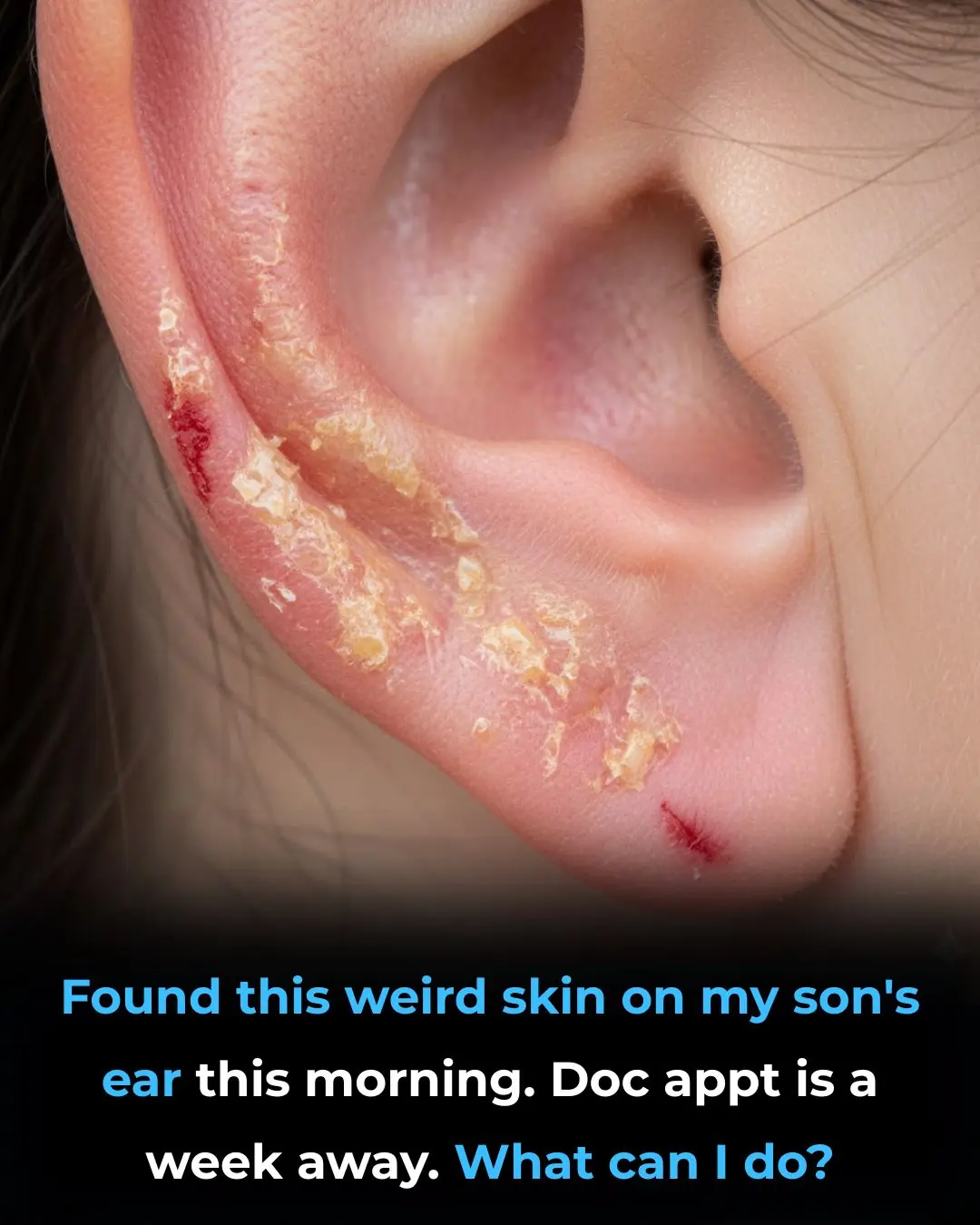
Found this weird skin on my son's ear this morning. Doc appt is a week away. What can I do?

My nana taught me this hack to get rid of dark circles in 5 mins with 0 work. Here’s how it works

What To Know About Chronic Kidney Failure

Could Your Magnesium Supplement Be Causing Side Effects?

Why Thick Toenails Happen, And How To Get Rid of Them

The military sleep method that can help you fall asleep in just two minutes
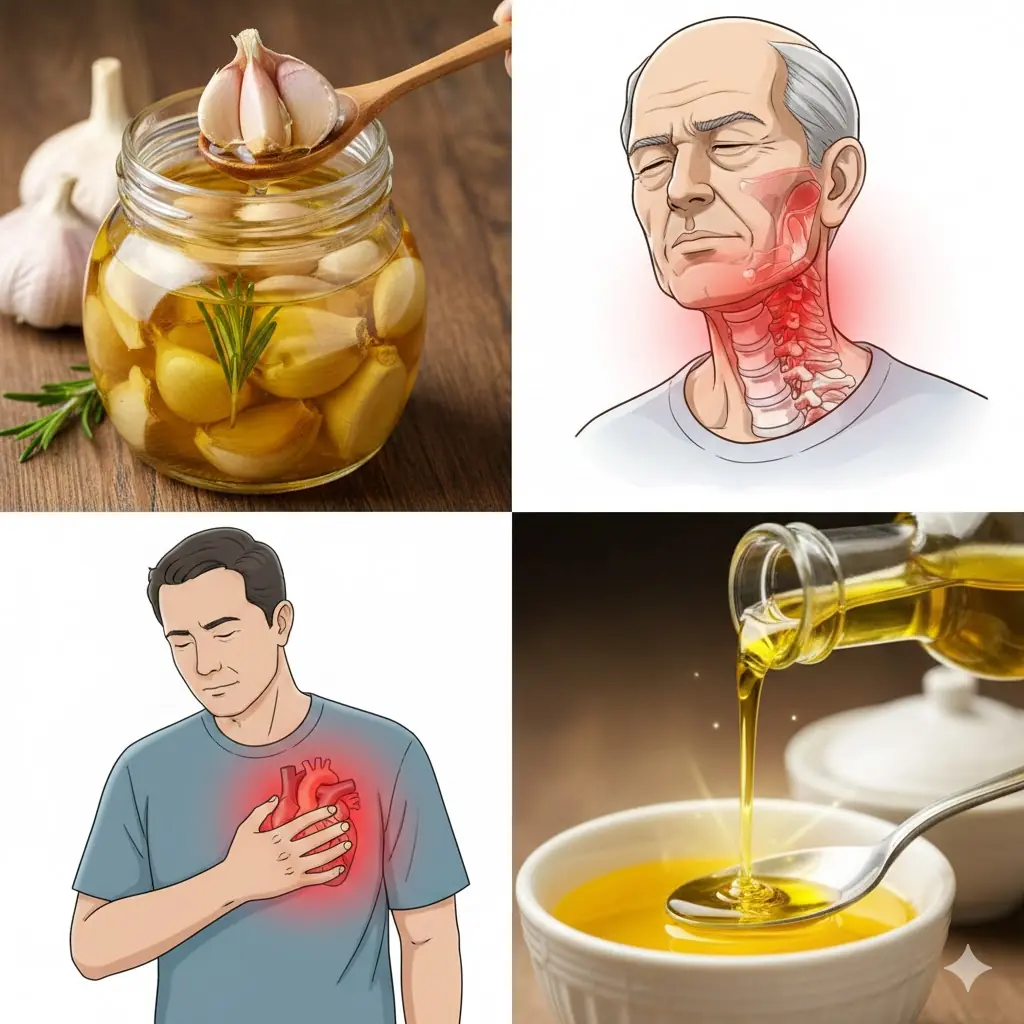
Garlic with Olive Oil Over 50: The Irreversible Body Reaction Everyone’s Talking About
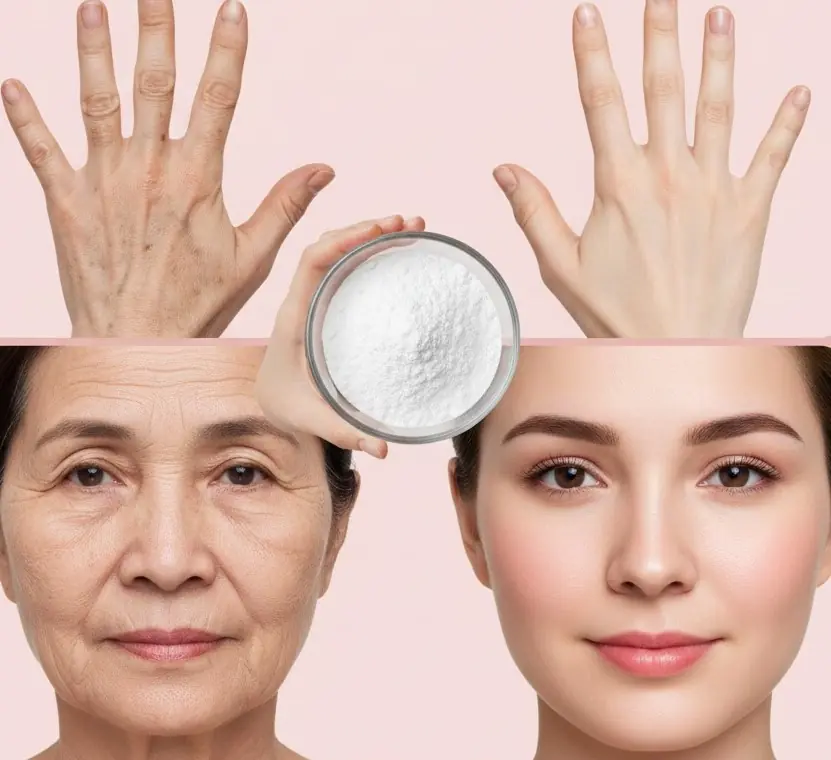
Discover How Baking Soda Could Transform Your Skin’s Appearance in Minutes – Even After 70!
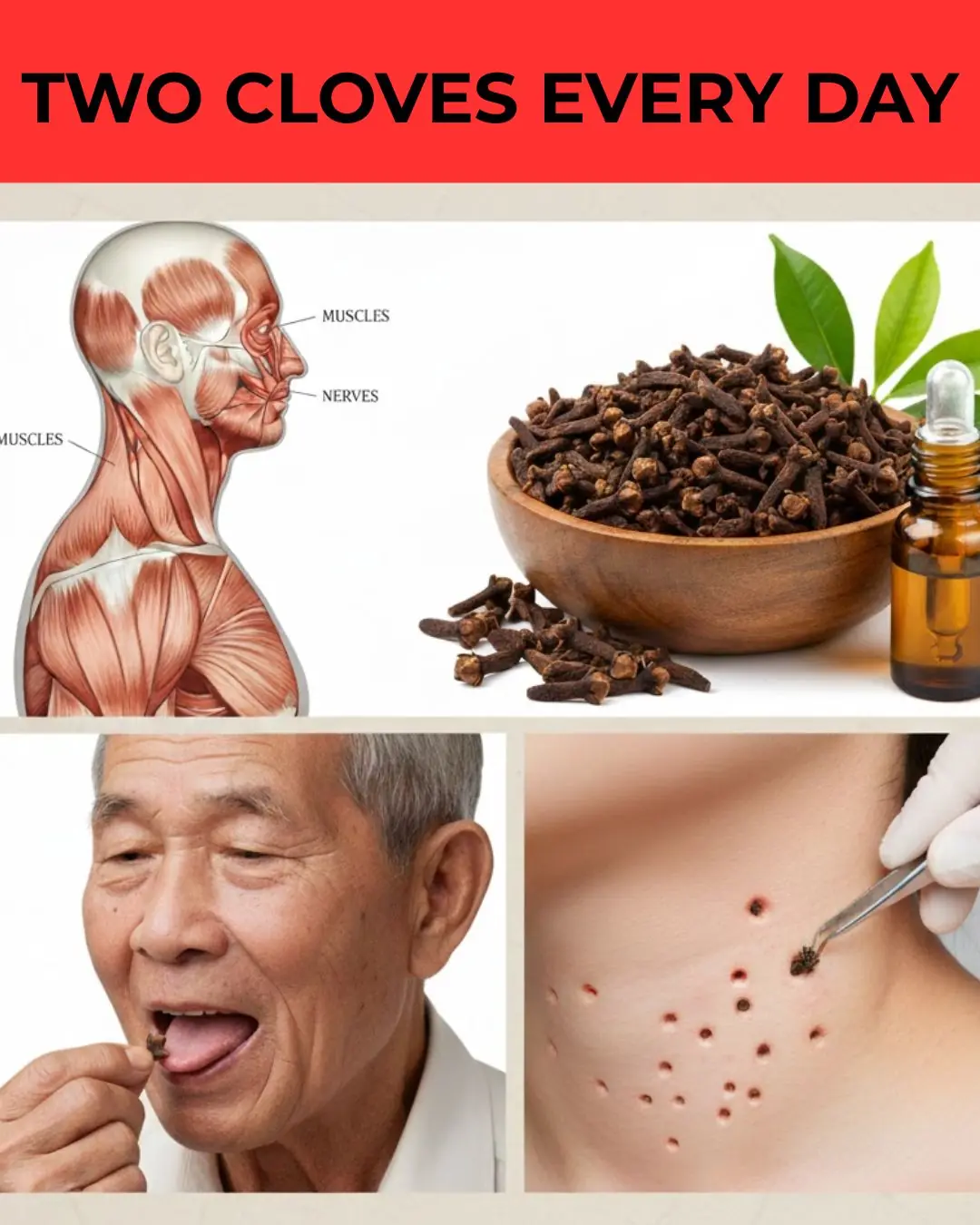
What Happens When You Add Just 2 Garlic Cloves a Day to Your Routine – Even After 50!
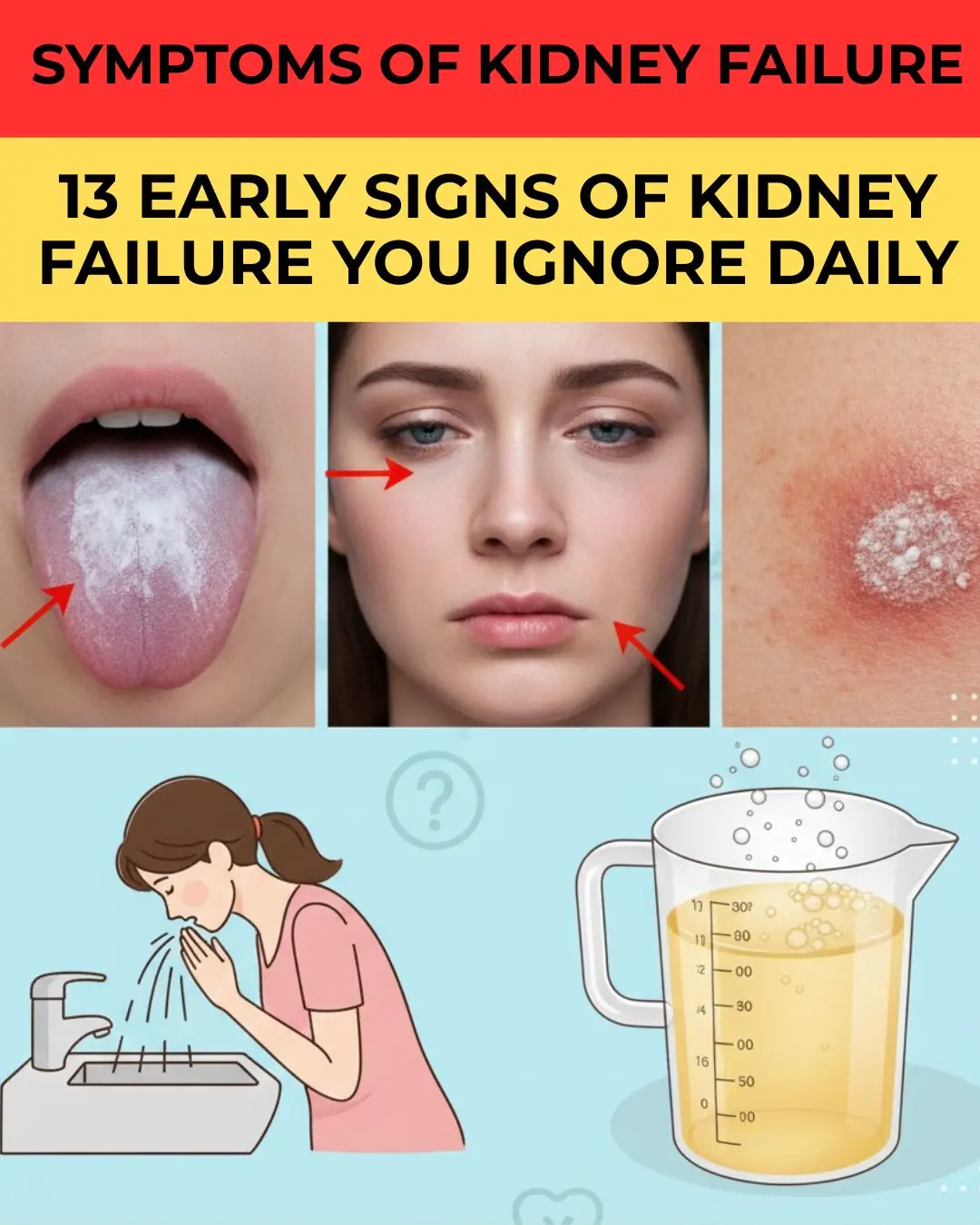
13 Subtle Signs Your Kidneys May Need Attention
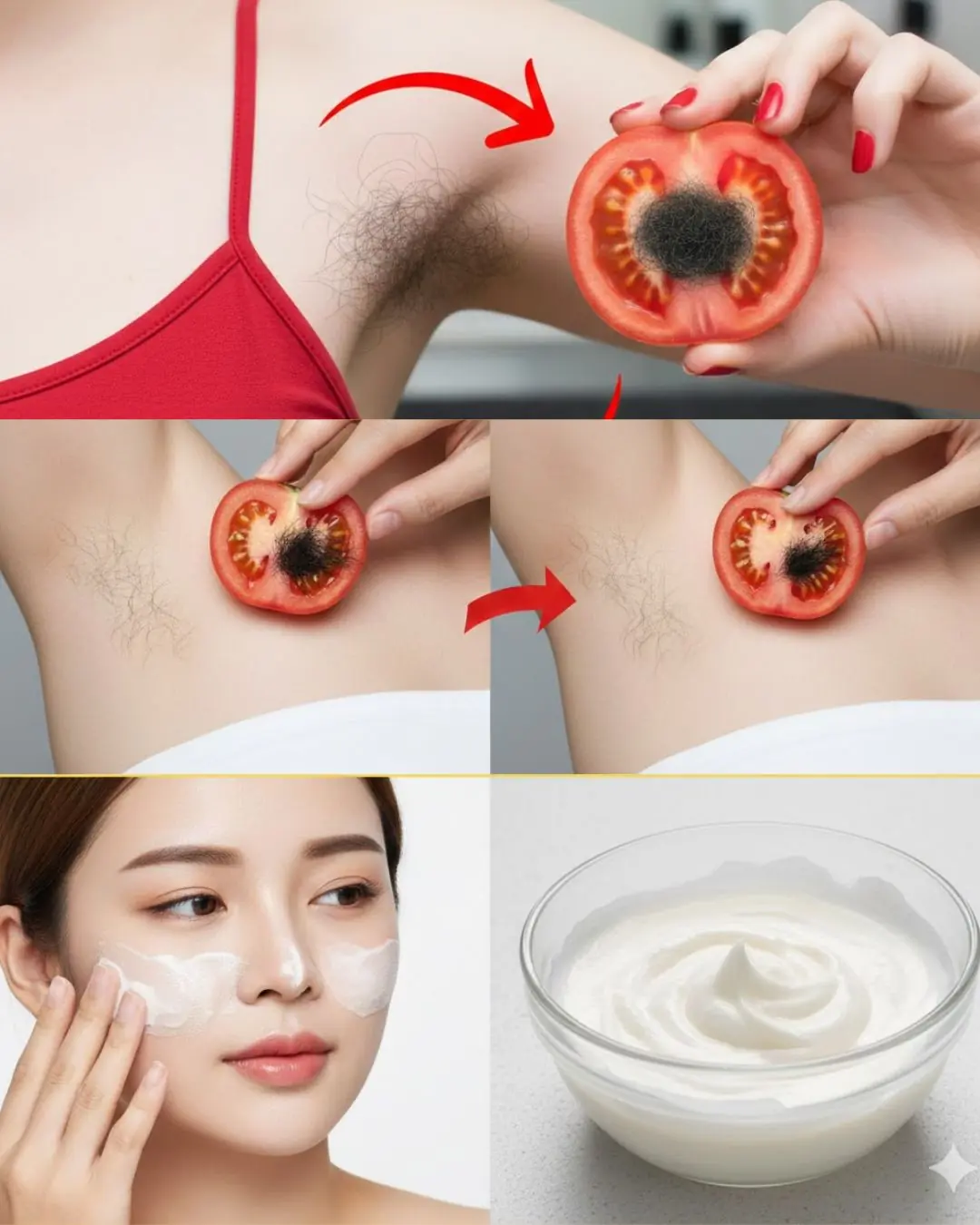
Stop Shaving? Exploring Popular Home Remedies for Hair Removal
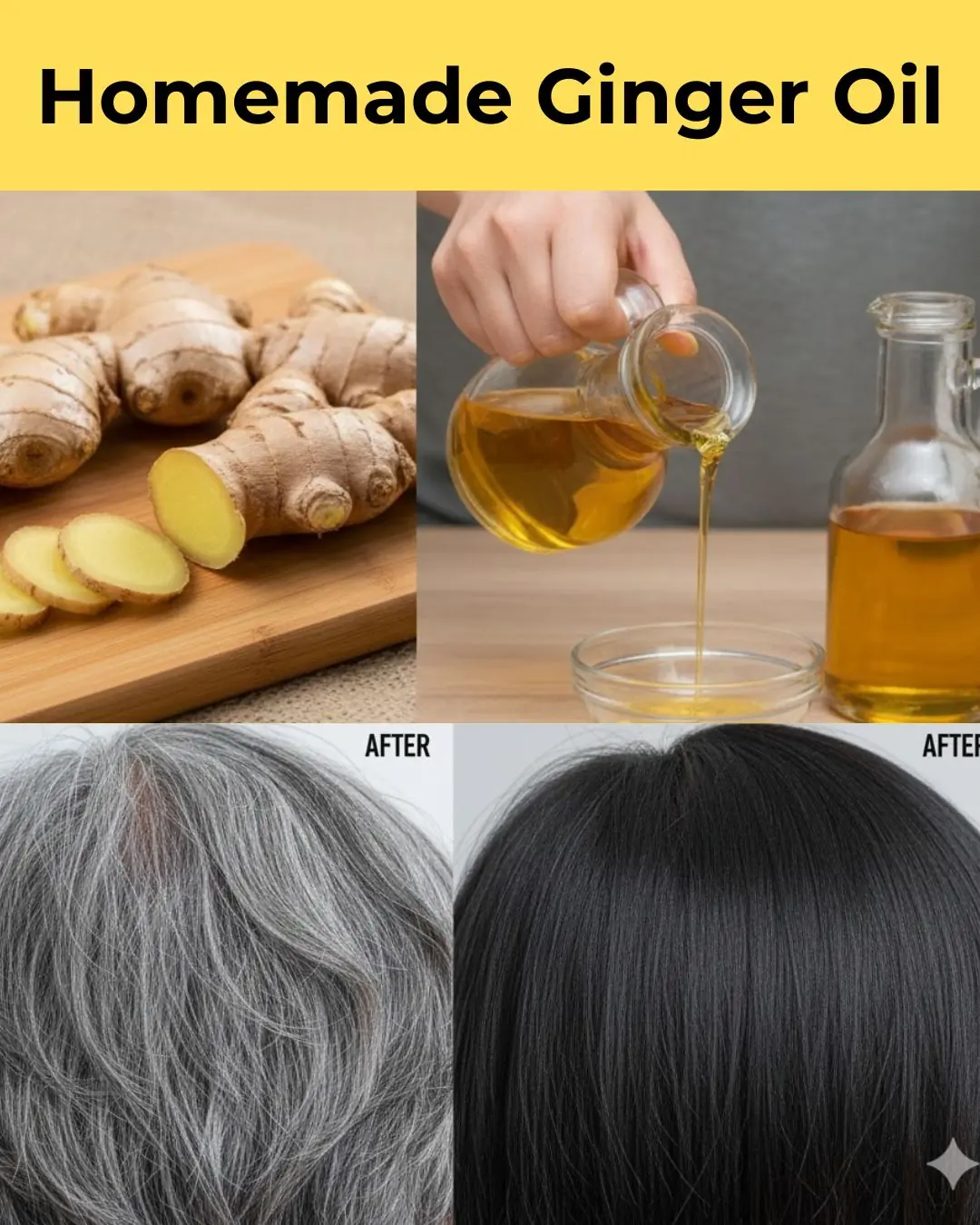
Discover the Hidden Power of Ginger Oil: Why Women Over 65 Are Seeing Thicker, Darker Hair Naturally
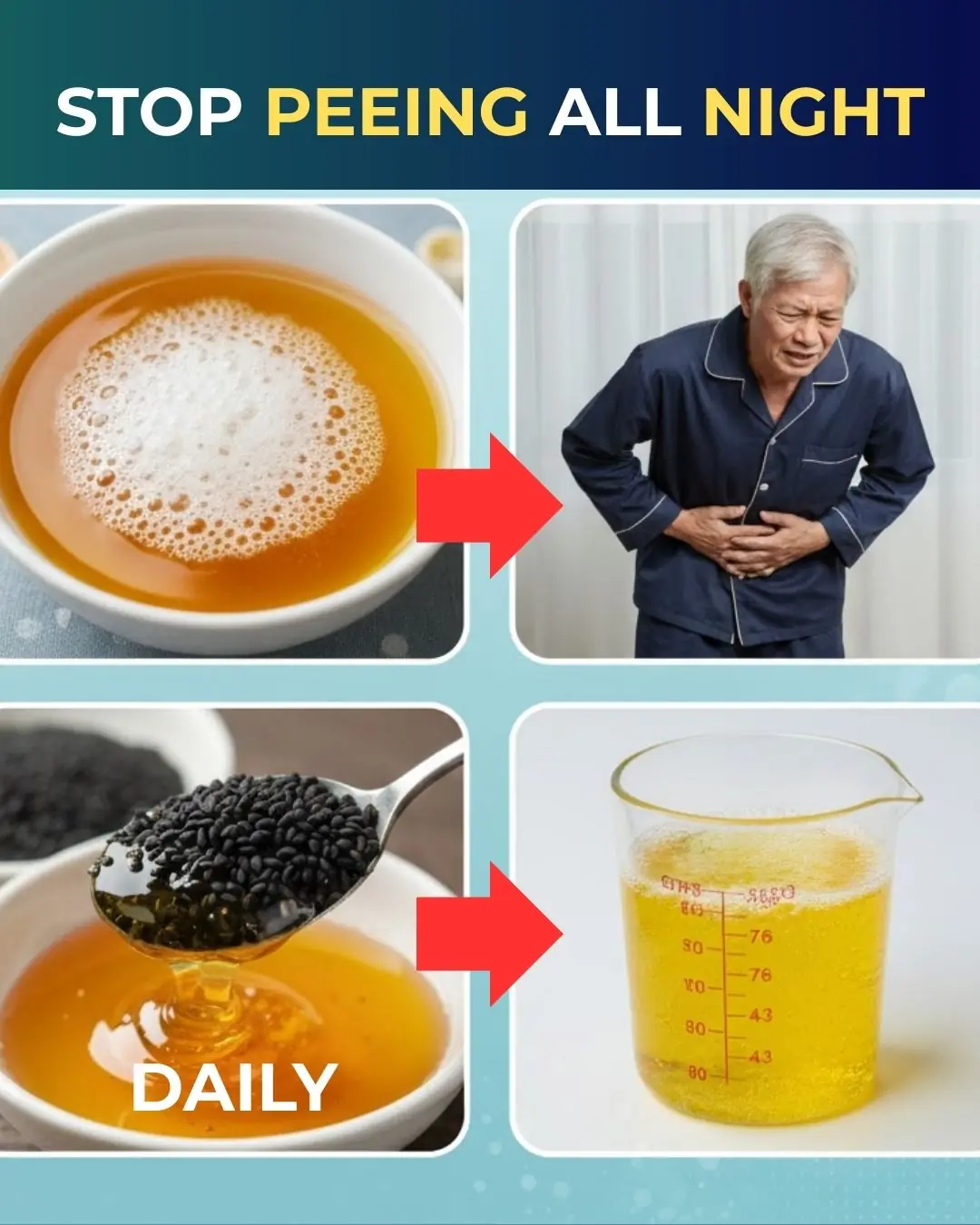
Top 10 Foods That May Help Reduce Frequent Nighttime Urination (Nocturia)
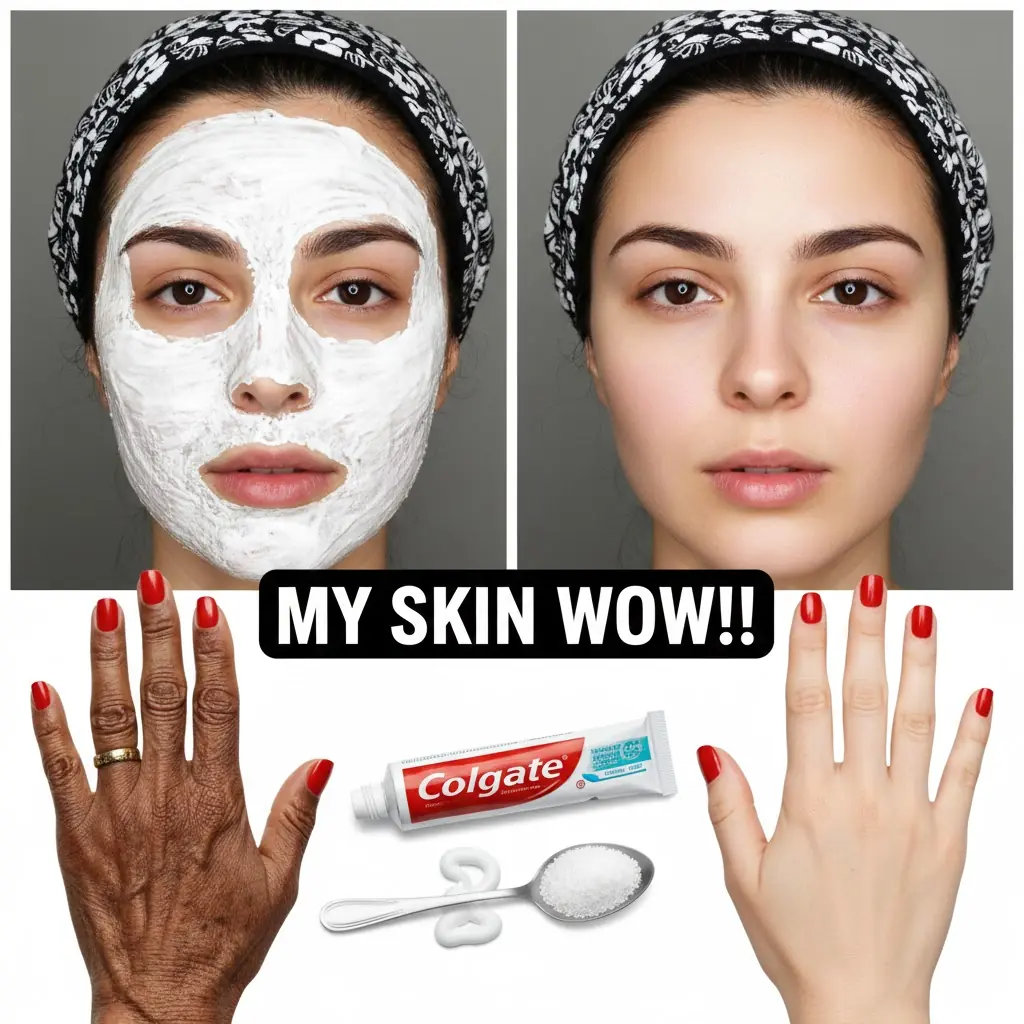
Why Toothpaste and Baking Soda Aren’t the Answer for Wrinkles and Dark Spots – And What Might Help Instead

James Webb Space Telescope Reveals Hidden Mid-Infrared Flares from the Milky Way’s Central Black Hole
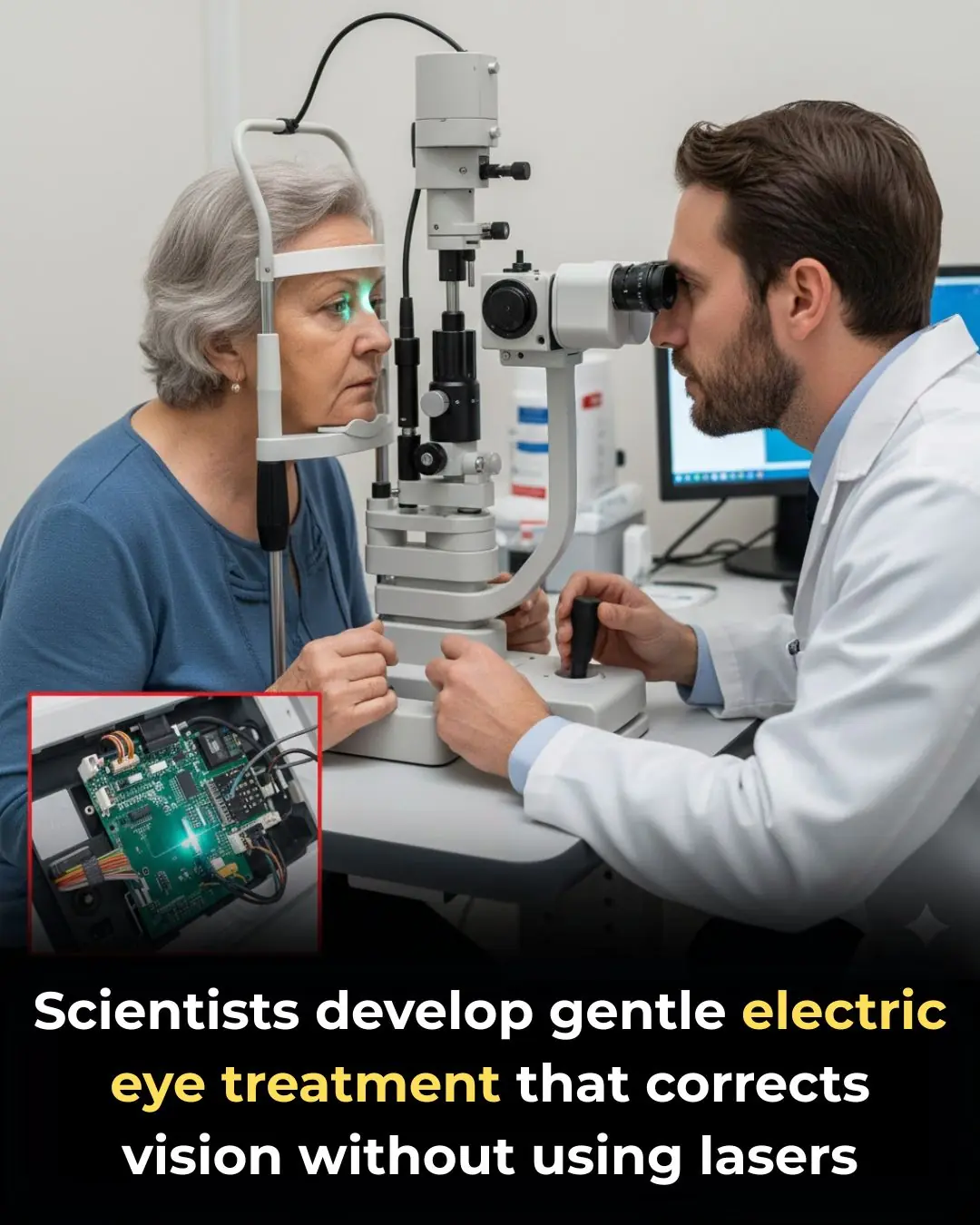
New Vision Correction Technique Reshapes the Cornea Without Surgery

Feeling Relieved Without Your Partner? A Psychologist Says It’s a Warning Sign

Rev. Jesse Jackson discharged from acute care facility, family says

Keith Lee named 'creator of the year' at first-ever US TikTok awards
